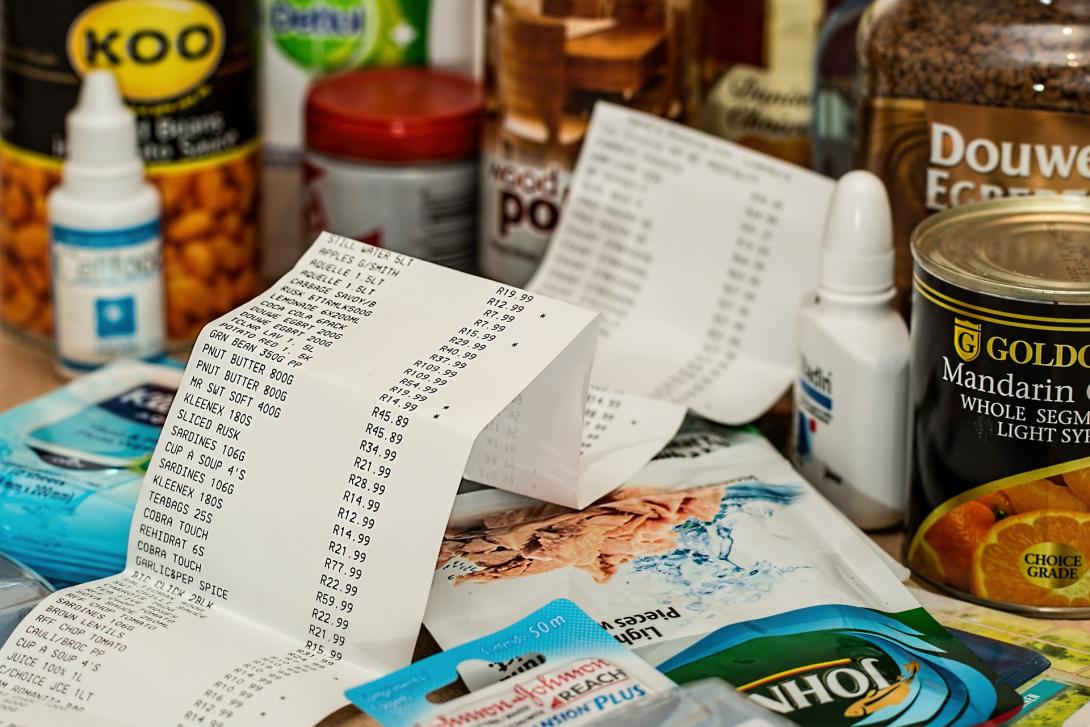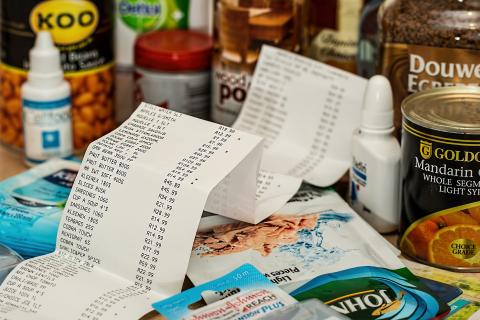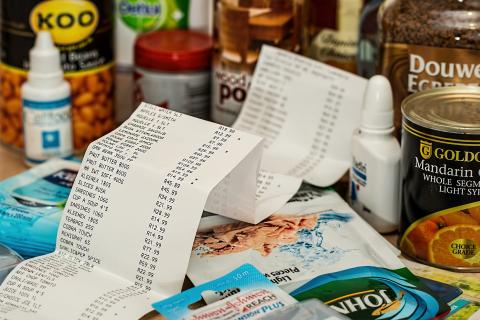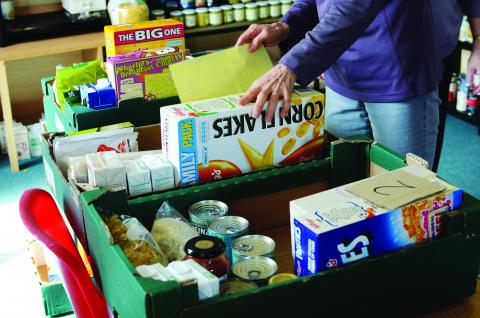20 September 2022
Food Prices Tracking: September Update

Food price inflation rose to 13.1%, with overall CPI taking an unexpected dip.
Food price inflation continues to rise for the 13th consecutive month to 13.1% in the 12 months to August, from 12.7% in July. The increase in food and non-alcoholic beverages has predominantly risen due to the rise in the cost of oils & fats and milk cheese & eggs.
However, the overall UK inflation rate saw a slight dip to 9.9% in August from 10.1% in July (1), the first decrease in almost a year. The unexpected dip was largely contributed by a fall in petrol and diesel prices as oil prices briefly went negative on the market, but the UK still has the highest inflation rate in the G7 countries (2).
The Food Foundation Basket
The Food Foundation has been tracking the prices of two baskets of food items (for a typical man and a typical woman) since April 2022. Our basket provides complementary picture of the changing food prices to the ONS’s measurement of food inflation. In this time the average cost of the woman’s basket has increased by 9.4% and the man’s by 12.1%. Since April followed by sunflower oil (62%), vegetable stir fry (45%) and cucumber and sweetcorn up by 38%.
The average cost of the basket, with promotions applied (using the Tesco Clubcard) is indicating a higher increase with woman’s increasing by 10.2% and man’s by 13.2% since April 2022.
Global Food Prices steadily decline
Global Food prices are steadily declining as exports from Ukraine and Russia have increased since the Black Sea Grain Initiative on July 2022. The initiative was launched to reopen exports from Ukraine of grain, fertiliser and other foodstuffs to ease the cost-of-living crisis and since then 2.7 million metric tons of grain and other food stuff has been exported from Ukraine (4),
The impacts of the port opening can be seen in the FAO Food Price Index in August 2022 as it has decreased by 1.9% since July. This is the fifth consecutive monthly decline, but the index remains 7.9% higher than this time last year. All the five categories tracked in the FAO index fell this month, with monthly percentage decreasing from 1.4% for cereals to 3.3% for vegetable oils (6).
Around the world, food prices have been one of the contributors of inflation. Global prices are declining but not all countries will experience the benefits as it takes time for price change to filter through (6).
UK’s Cost of living crisis
The UK’s new Prime Minster, Liz Truss, announced plans to cut National Insurance and freeze energy bills at an average of £2,500 a year for two years (7). However, these plans will benefit the richest households twice as much as the poorest households. The Resolution Foundation stated the richest household will receive financial support worth £4,700 compared to £2,200 for the poorest households (8).
Despite the PMs plans to cap energy prices it is unlikely to reduce the numbers of households falling in to fuel poverty this winter, as £2,500 is double the energy bills from last year (9). Furthermore, analysis indicates that the average family of four receiving Universal Credit will still need an additional £1,391 over the next six month to stay warm and fed (10). Universal credit receipts are already facing difficult decisions. Trussell Trust’s recent YouGov survey of 1,846 people in receipt of Universal Credit found that more than two million people have skipped meals while 38% have gone a whole day without food or just one meal, in the past three months to keep up with other essential costs. 64% reported spending the Cost of Living payment of £326 from the Government on food and 70% having spent it all within weeks of receiving the payment. With food and energy prices continuing to rise the September payment is unlikely to cover the essential costs (11).
Farmers are warning of further shortages of fruit and vegetables as the recent droughts and high energy prices are further threatening production. Growers have already reduced production by 20% this year with a vegetable grower reporting their energy bills having risen to five times more than last year (12). EU farmers are also cutting back on production due to the soring energy prices. Many fruit and vegetable growers have reported high operating costs outweighing profits, thus are reducing production (13). The PM’s energy plan only provides support for businesses for six months. The EU is currently discussing an energy price cap as well as usage cap which would affect farmers growing crops that require heat over the colder months (14).
The cost of living crisis is forcing people to skip meals to pay for other essentials. With more pressure on food budgets, people will turn to cheaper products which are often lower in nutritional quality. Now more than ever, we need to see healthier products at lower cost than their unhealthy equivalents, but news this week suggests the Government could U-turn on their obesity prevention policies (including potentially scrapping the sugary drinks levy and the ban on junk food multi-buys) which will make any attempt to secure a healthy diet even harder for low income families (15).

Indu joined The Food Foundation in 2019 as part of the Rank Foundation’s Time to Shine scheme, moving into a Project Officer role in 2020. She works on the Peas Please and Plating up Progress projects. Prior to joining The Food Foundation, Indu completed a MSc in Public Health and a BSc in Human Nutrition. She is interested in reducing health inequalities, children’s health and wellbeing, and sustainable and nutritious food system/diets. Indu is also a lover of veg, having recently taken up urban gardening.

Isabel joined The Food Foundation as Policy Engagement Manager in April 2020 from the Department for Business, Energy and Industrial Strategy, where she worked on domestic and EU policy development. For the past 6 years she has worked in a variety of roles across Government, spanning EU policy implementation at the Department for Environment, Food and Rural Affairs, auditing the value for money of Cabinet Office programmes, and coordination of Defra’s no deal planning at the Department for Exiting the EU. She has also previously project managed large-scale digital campaigns at AgeUK.
Isabel is interested in the links between different parts of the food system, and the possibilities for really ambitious, joined-up policy thinking to address poor environmental, social, health and economic outcomes. Over the past 2 years she has completed a part-time MSc in Food Policy from City University, using her final thesis to analyse and critique the influencing strategies adopted by NGOs working on palm oil consumption in India. She is a professionally trained cook, and has recently discovered the joys of growing her own fruit and veg!





